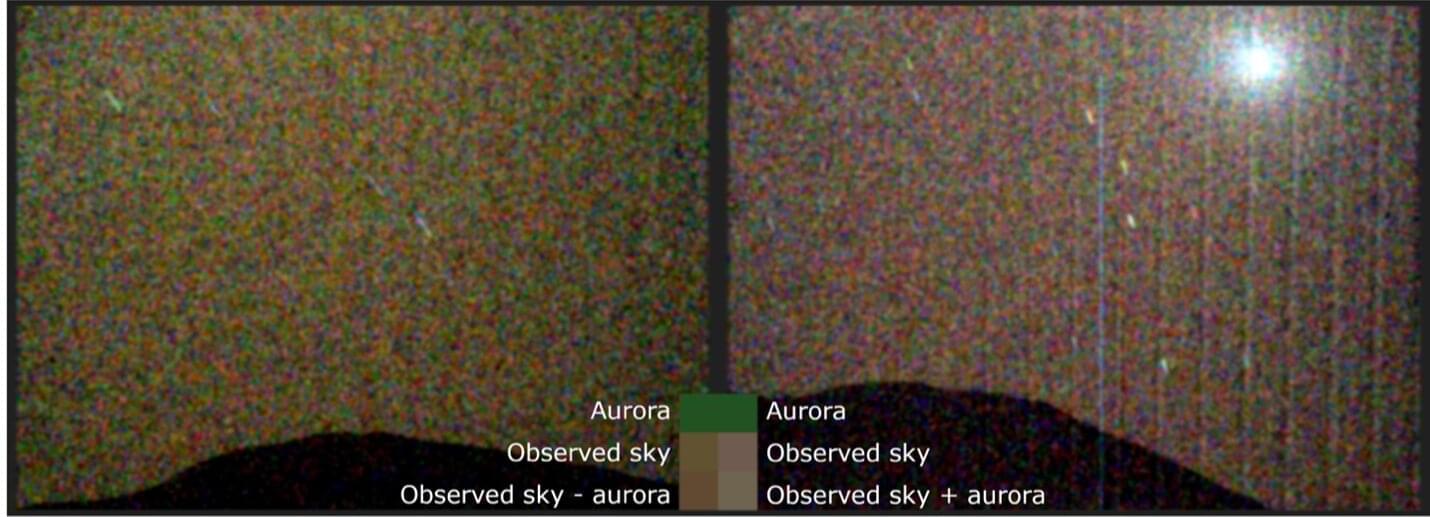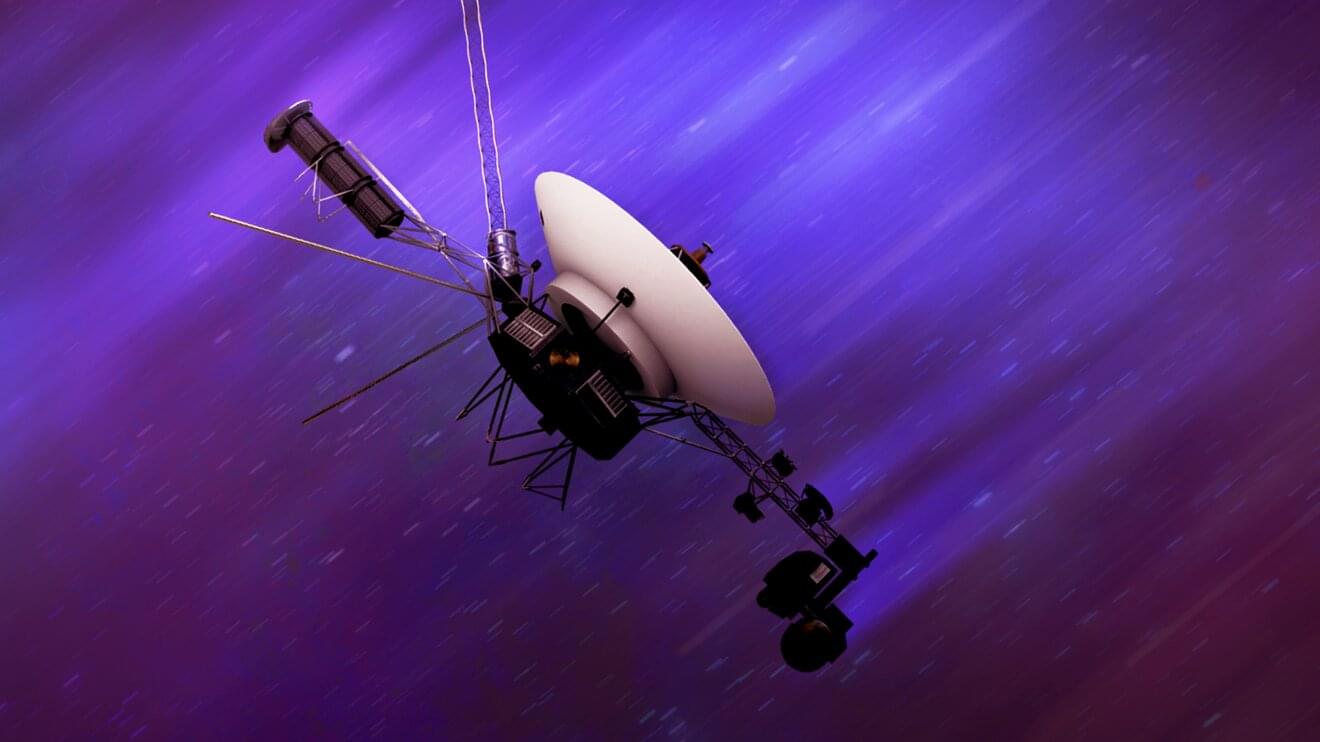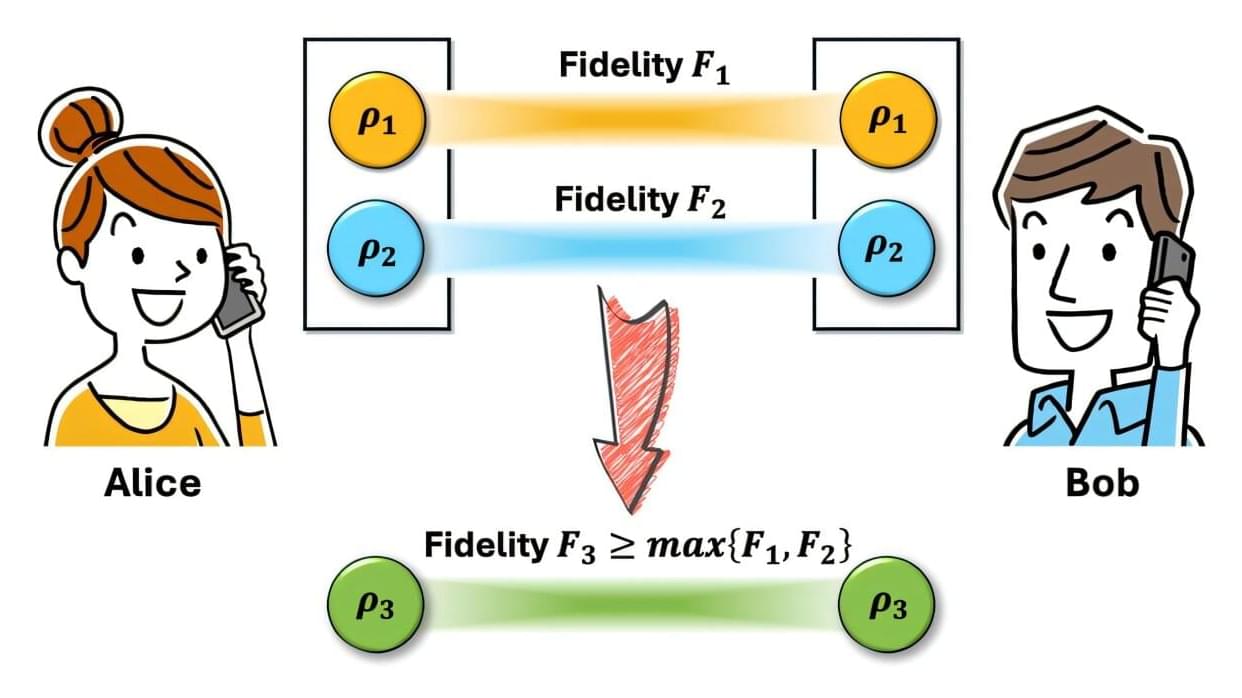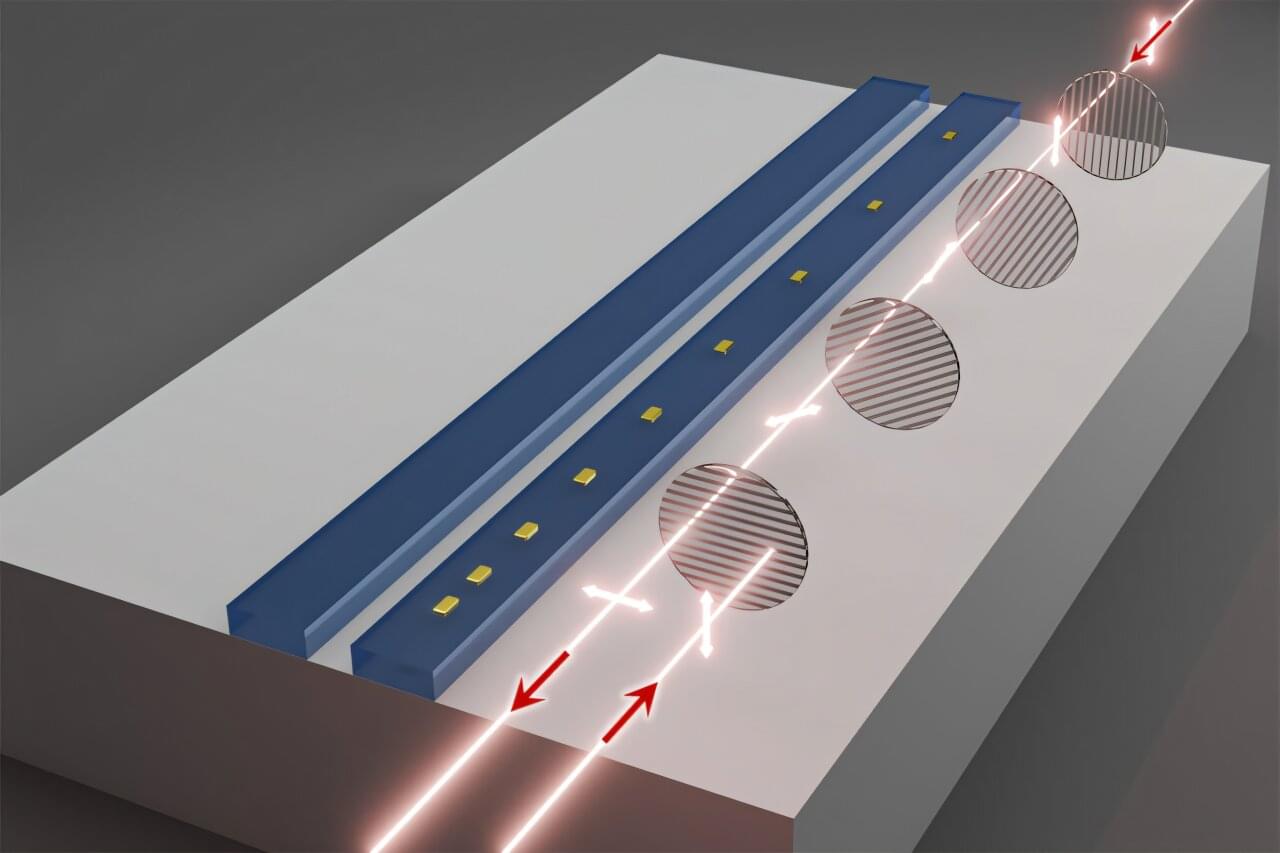NASA’s Perseverance rover recently captured a photo of green auroras shining in the Martian sky for the first time. The alien light show, previously assumed to be impossible, could be visible to future astronauts.




Light is all around us, essential for one of our primary senses (sight) as well as life on Earth itself. It underpins many technologies that affect our daily lives, including energy harvesting with solar cells, light-emitting-diode (LED) displays and telecommunications through fiber optic networks.
The smartphone is a great example of the power of light. Inside the box, its electronic functionality works because of quantum mechanics. The front screen is an entirely photonic device: liquid crystals controlling light. The back too: white light-emitting diodes for a flash, and lenses to capture images.
We use the word photonics, and sometimes optics, to capture the harnessing of light for new applications and technologies. Their importance in modern life is celebrated every year on 16 May with the International Day of Light.

On March 15, 2024, near the peak of the current solar cycle, the sun produced a solar flare and an accompanying coronal mass ejection (CME), a massive explosion of gas and magnetic energy that carries with it large amounts of solar energetic particles. This solar activity led to stunning auroras across the solar system, including at Mars, where NASA’s Perseverance Mars rover made history by detecting them for the first time from the surface of another planet.
“This exciting discovery opens up new possibilities for auroral research and confirms that auroras could be visible to future astronauts on Mars’ surface,” said Elise Knutsen, a postdoctoral researcher at the University of Oslo in Norway and lead author of the Science Advances study, which reported the detection.

Engineers at NASA’s Jet Propulsion Laboratory in Southern California have revived a set of thrusters aboard the Voyager 1 spacecraft that had been considered inoperable since 2004. Fixing the thrusters required creativity and risk, but the team wants to have them available as a backup to a set of active thrusters whose fuel tubes are experiencing a buildup of residue that could cause them to stop working as early as this fall.
In addition, the mission needed to ensure the availability of the long-dormant thrusters before May 4, when the Earth-bound antenna that sends commands to Voyager 1 and its twin Voyager 2 went offline for months of upgrades.

Landslide-generated tsunamis pose a serious risk to coastal communities, particularly within narrow fjords where tall cliffs can trap and amplify waves. Scientists rely heavily on earthquake-based observation systems to issue tsunami warnings, but these methods don’t always capture localized ground movement caused by landslides.
Now, for the first time, scientists have detected tsunami waves caused by a landslide using data from a ship’s satellite receiver. The CIRES and CU Boulder-led research, published in Geophysical Research Letters, shows the potential for an approach to improving tsunami detection and warning, providing lifesaving information to coastal communities.
“Landslides into water can produce a tsunami, and some of them can be quite large and destructive,” said CIRES Fellow Anne Sheehan, a professor of Geological Sciences at CU Boulder and co-author of the study. “Scientists have captured larger, earthquake-induced tsunamis using ship navigation systems. Our team had equipment in the right place at the right time to show this method also works for landslide-generated tsunamis.”

Mindfulness-based therapy can offer significant relief for individuals who are still depressed after receiving treatment, according to a new clinical trial.
Researchers hope their findings, published in Lancet Psychiatry, could provide a new treatment pathway for people with depression who have not benefited from previous treatment.
The study, titled “Mindfulness-based cognitive therapy versus treatment as usual after non-remission with NHS Talking Therapies high-intensity psychological therapy for depression: a UK-based clinical effectiveness and cost-effectiveness randomised, controlled, superiority trial,” was led by a researcher from the University of Surrey.

Have you ever been stuck on a problem, puzzling over something for what felt like ages without getting anywhere, but then suddenly the answer came to you like a bolt from the blue?
We’ve all experienced that “aha! moment,” that sudden clarity or magical epiphany you feel when a new idea or perspective pops into your head as if out of nowhere.
Now, new evidence from brain imaging research shows that these flashes of insight aren’t just satisfying—they actually reshape how your brain represents information, and help sear it into memory.

Quantum entanglement—a connection between particles that produces correlations beyond what is classically possible—will be the backbone of future quantum technologies, including secure communication, cloud quantum computing, and distributed sensing. But entanglement is fragile; noise from the environment degrades entangled states over time, leaving scientists searching for methods to improve the fidelity of noisy entangled states.
Now, researchers at the University of Chicago Pritzker School of Molecular Engineering (UChicago PME), University of Illinois Urbana-Champaign, and Microsoft have shown that it is fundamentally impossible to design a single one-size-fits-all protocol to counteract that noise.
“In quantum information, we often hope for a protocol that works in all scenarios—a kind of cure-all,” said Asst. Prof. Tian Zhong, senior author of the new work published in Physical Review Letters. “This result shows that when it comes to purifying entanglement, that’s simply too good to be true.”

To improve photonic and electronic circuitry used in semiconductor chips and fiber optic systems, researchers at the McKelvey School of Engineering at Washington University in St. Louis tinkered with the rules of physics that govern the movement of light over time and space. They have introduced a new way to manipulate light transmission, opening possibilities for advanced optical devices.
Their method causes a “mirror-flip of the system,” said Lan Yang, the Edwin H. & Florence G. Skinner Professor of electrical and systems engineering and senior author of the research, now published in Science Advances.
Using parity-time (PT) symmetric photonic waveguides, they can manipulate the light waves to “reverse time” so the system behaves the same as before, Yang added.